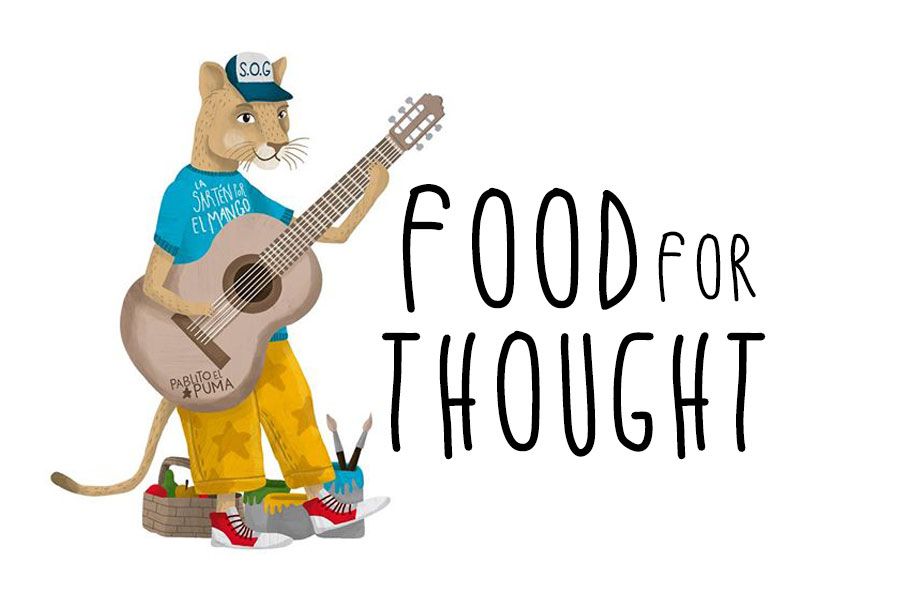I listen to a lot of podcasts. For me, they are an excellent way to gain different perspectives. One particular podcast had an American guy talking about his time in Jail for murder. He was inside for almost 20 years. In jail, he felt there was only one way to survive, and it wasn’t being the nice guy. Halfway through his sentence, he had a stint in solitary confinement that lasted over 4 years. You would imagine that he had some time to think.
There were a few key moments for him. He received a letter from a family member of the man that he had killed. In the letter, the family member forgave him for what he had done. This had a profound effect on him. He had committed the worst crime and was living within an environment of violence, testosterone, and power. Even though he was a product of his environment, a few words on a page were the seeds of change within him.
There was a moment after his time in solitary confinement when someone pushed into the lunch line in front of him. This would usually have led to some kind of violent act towards the perpetrator. But for whatever process that he had gone through, it had allowed him to see the situation in a different light. Through his own experience as a broken little boy with accumulated years of mass hurt and abandonment, he was able to see the same in the other man. He saw him as a broken little child. From that perspective, it was impossible for him to react with aggression. His words: “Transformation comes when we can see the broken little child in everyone else.”
It goes back to what I was saying in the Day 2 blog. We all have trauma or broken little children inside of us. It doesn’t come from us being bad people but from our experiences with the world. In our interactions with others, instead of getting frustrated and putting the blame on the other person, we can look at them as a broken child. In this process, we can change our perspective and the way that we frame any given situation.
Adults are role models for children. If they can see us working from a place of kindness, empathy, and compassion then our example is the best teacher. It’s not working from sympathy, that’s something else altogether. It is understanding that others have their own mountains to climb and we should give them space along with support to climb them.
